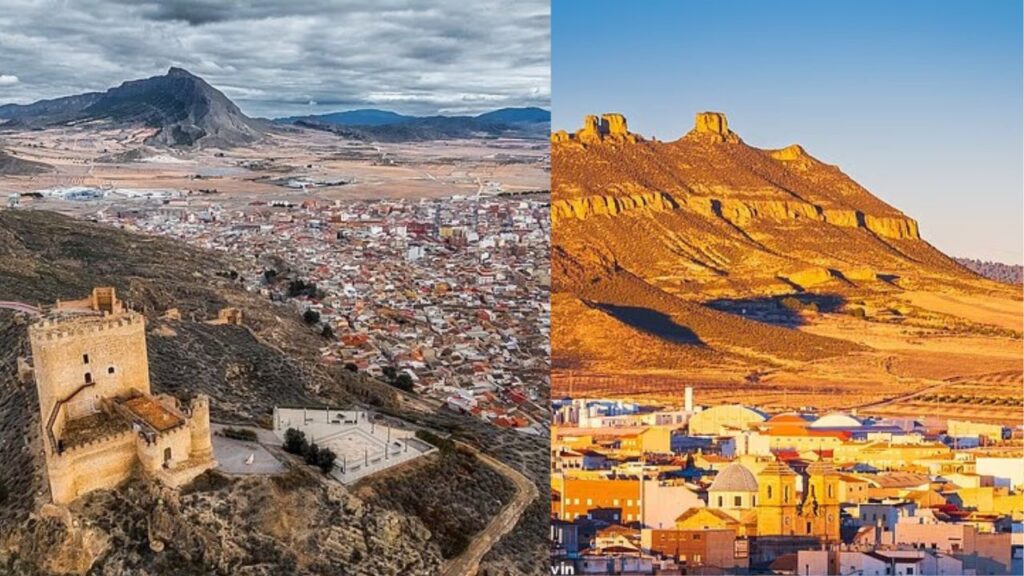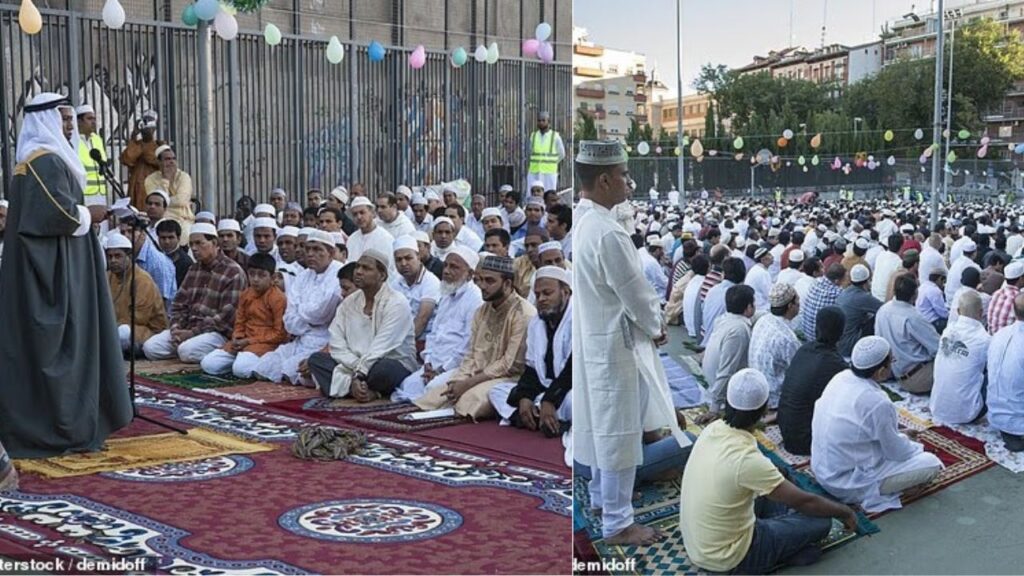Spanish Bans Muslim Festivals, Citing ‘Alien’ Identity
A Spanish town has become the first in the country to pass a controversial ban on using public facilities for Muslim religious festivals, citing them as “alien to our identity.” The motion, proposed by the conservative People’s Party (PP) and supported by the hard-right Vox party in Jumilla, a town in the Murcia region, prevents Muslims from gathering in public venues like sports halls and civic centers to celebrate events like Eid al-Fitr and Eid al-Adha.
Critics argue that the wording of the ban is a thinly veiled attack on Islamic traditions and could violate Spain’s constitutionally protected freedom of religion. The local Vox party openly celebrated the decision on X, declaring, “Thanks to Vox the first measure to ban Islamic festivals in Spain’s public spaces has been passed. Spain is and will be forever the land of Christian people.”
Muslim leaders have swiftly condemned the decision. Mounir Benjelloun Andaloussi Azhari, president of the Spanish Federation of Islamic Organisations, called the ban “Islamophobic and discriminatory.” He expressed concern about rising anti-Muslim sentiment in Spain, saying, “For the first time in 30 years I feel afraid.”

The ban has also drawn criticism from within Spain’s political landscape. The Socialist leader of Murcia, Francisco Lucas, accused the PP of stoking division, stating, “The PP violates the constitution and puts social cohesion at risk simply in the pursuit of power.” Former Jumilla mayor Juana Guardiola, also a Socialist, pointed to Jumilla’s rich Islamic heritage, asking, “What do they mean by identity? And what about the centuries of Muslim legacy here?”
Jumilla’s history includes centuries of Arab rule, during which it was known as Yumil-la. While an initial agreement with Christian conquerors allowed for coexistence, Arab rule was eventually suppressed. This history adds a layer of irony to the current debate over identity.
Broader European Debate on Identity and Inclusion
This decision in Jumilla reflects a growing and complex debate across Europe about identity, integration, and the treatment of religious minorities. The story of Jumilla’s ban is set against a backdrop of similar, though different, tensions in other European countries.
For example, in the UK, a primary school in Hampshire recently faced backlash after scrapping its annual Easter celebrations to create a more inclusive atmosphere. The headteacher of Norwood Primary School in Eastleigh stated that the decision was made to “honour and respect the beliefs of all our children and their families.” This move, while seemingly motivated by a desire for inclusivity, has also sparked a debate about the balance between respecting diverse beliefs and maintaining traditional cultural practices.
These two events, though distinct in their context and purpose, highlight the broader challenges facing European societies today. They showcase the tension between preserving a perceived national or regional identity and accommodating the diverse cultural and religious identities of a growing minority population. The events in both Spain and the UK raise questions about how different nations are navigating the complexities of multiculturalism, and whether efforts to define a singular identity can coexist with a commitment to freedom of religion and social cohesion.






